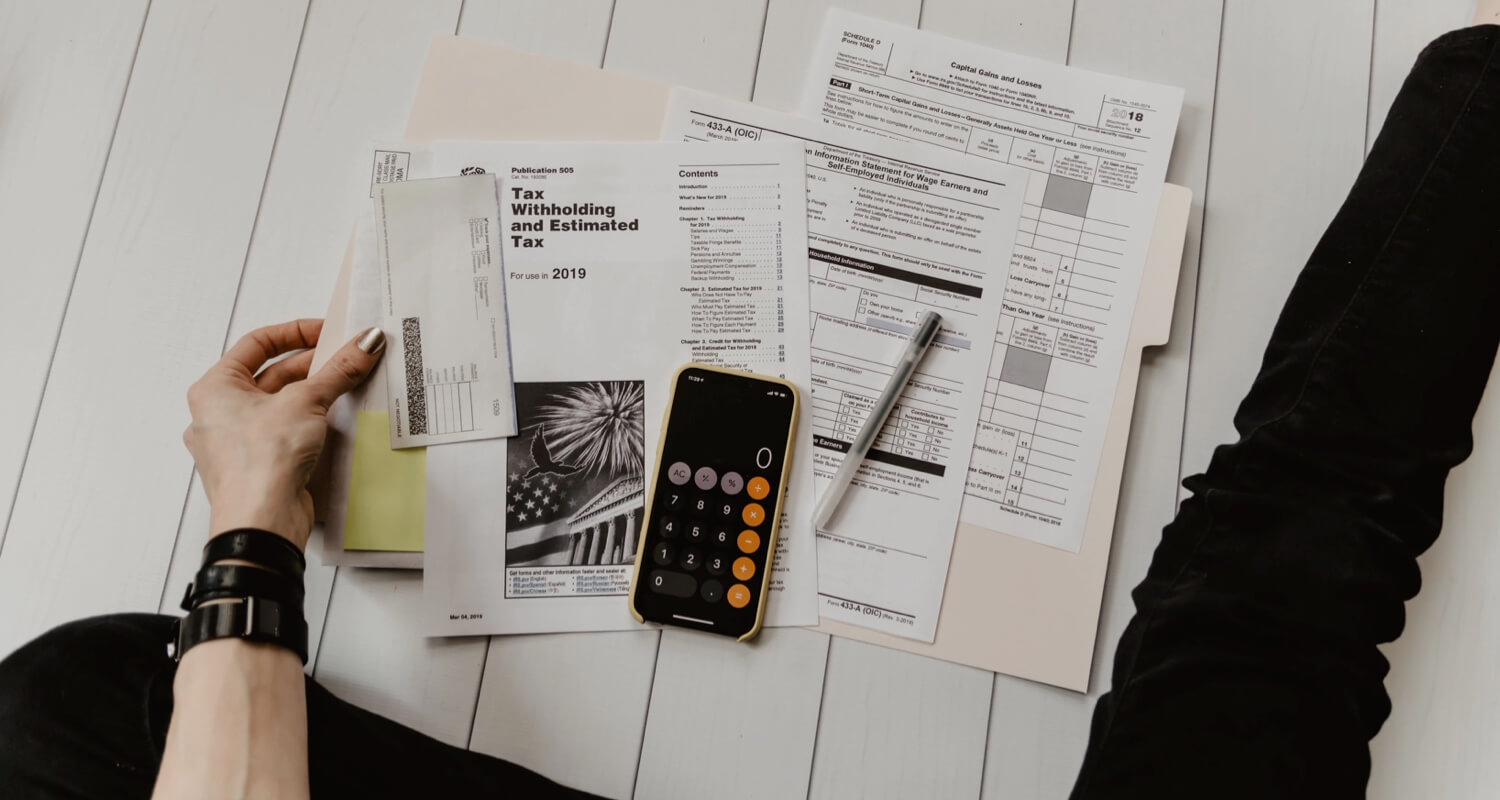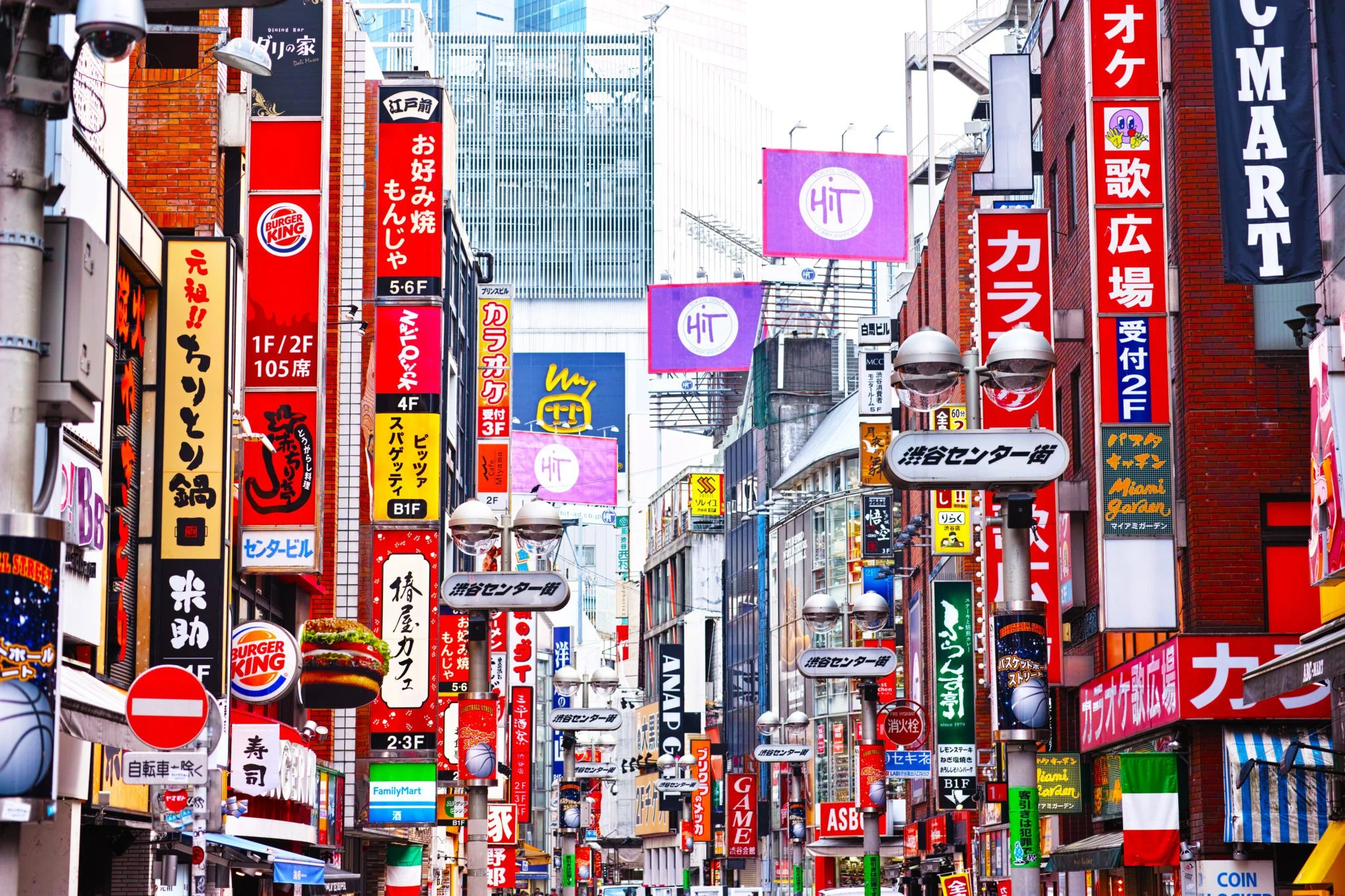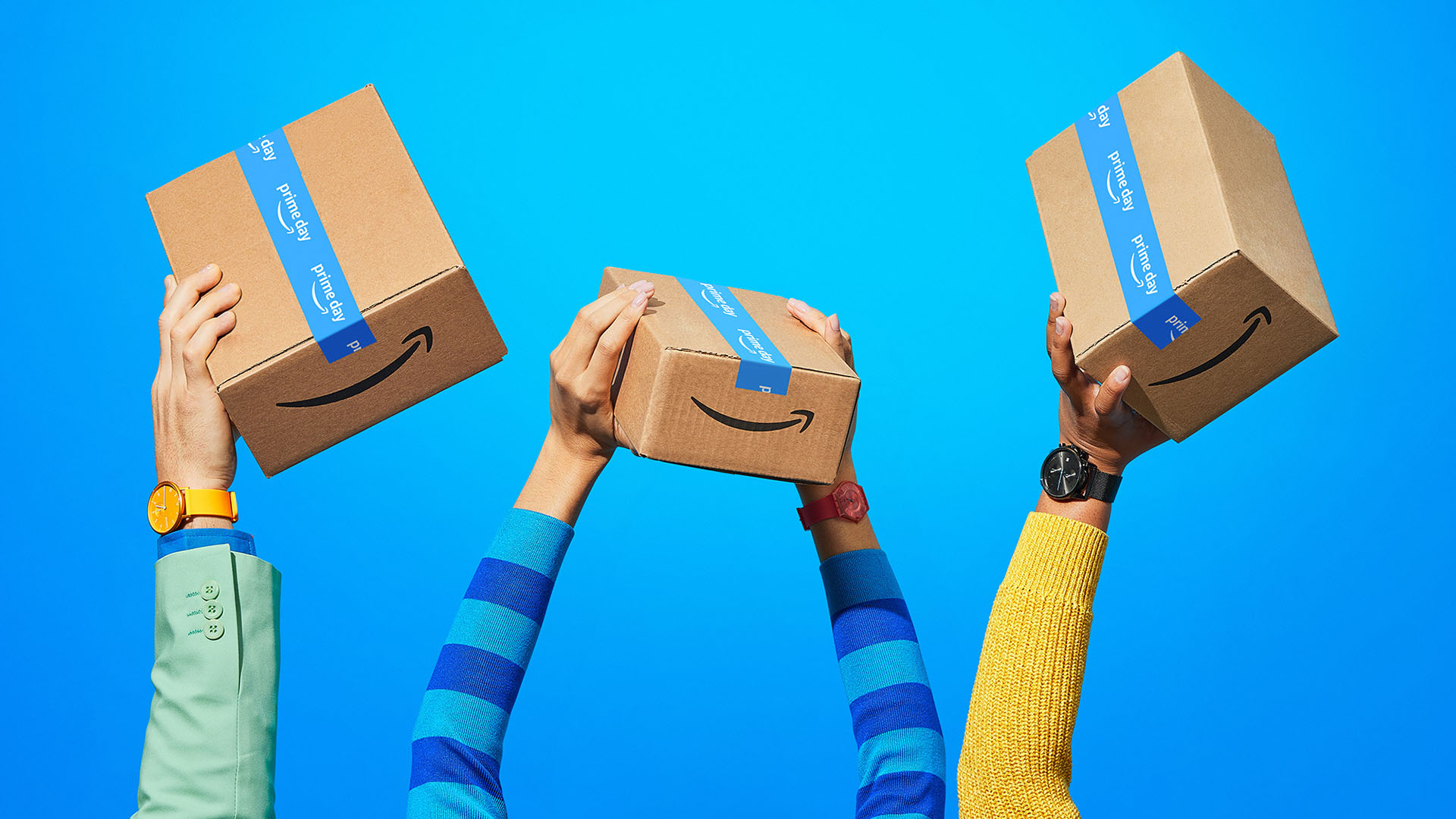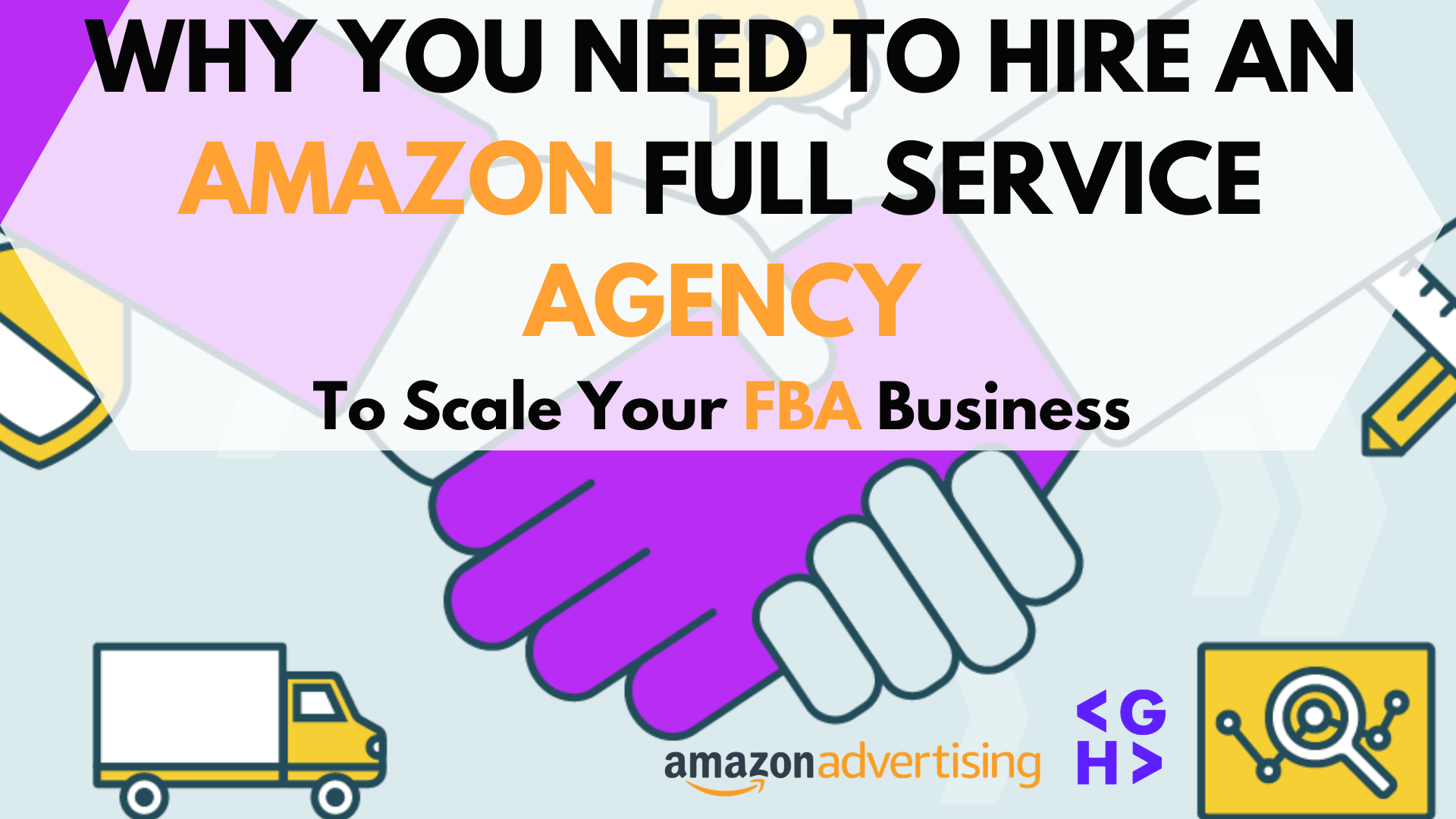How to get your Amazon FBA / Ecommerce products to Japan, making sure they pass the customs quickly and safely?
If you have been following this blog, you know already how great it is to start selling on Amazon FBA Japan now considering the huge opportunity for sales / profits and the low number of competitors… due to the fact that actually entering Japan is the hardest part of it. Exactly, getting your products inside Japan and having them pass the customs promptly might be very hard, pretty much impossible without a good IOR (Importer of Records). So in this blog post, we will go through the main processes of how to make sure that not only your products will be cleared by Japanese customs in the shortest amount of time possible, but also that you can actually sell them on Amazon.jp avoiding issues and having them blocked because of missing registrations, labels, etc… This blog post is done in collaboration with Yunige, IOR in Japan based in Osaka / Tokyo.1. Getting Ready BEFORE Launching Products in Japan (Taxes, Certifications, etc)
If you’re planning to sell products online in Japan (via Amazon FBA for example), you can launch your business without having to physically be in Japan. For better business practices, you may want to have partners located in Japan so that they can act as your eyes and ears. Every country has its own set of laws and regulations, and Japan is no exception. These regulations can be complex and vary depending on the type of items being imported, so it is always better to consult with an importer of record (IOR) to confirm the “importability” of your products in Japan.2. How & Why Should I use a trusted Importer of Records (IOR)?
As you can’t just import products by yourself in Japan – especially when you’re not in the territory – it is deeply suggested to use a trusted Japanese Imported of Records to allow your Amazon FBA products in Japan. The importer of record (IOR) will be the entity that imports your items on your behalf, taking responsibility for the items they import. They should have the right knowledge of Japanese laws and regulations and experience importing and selling various items in Japan.





